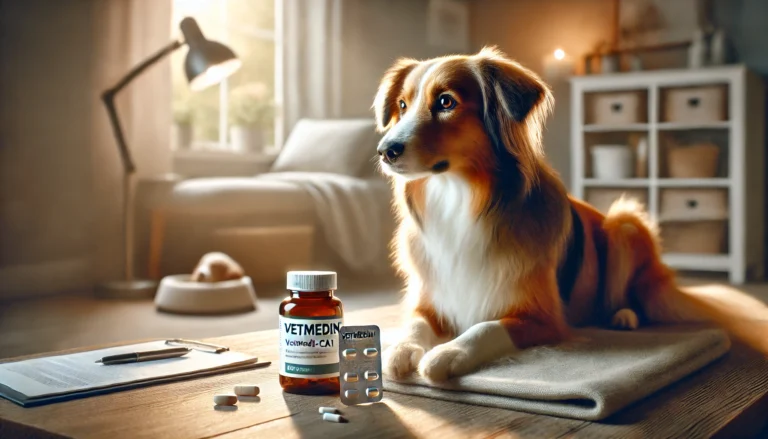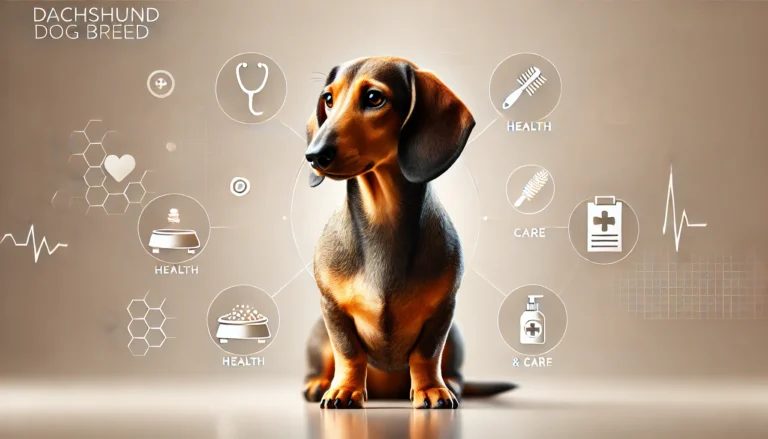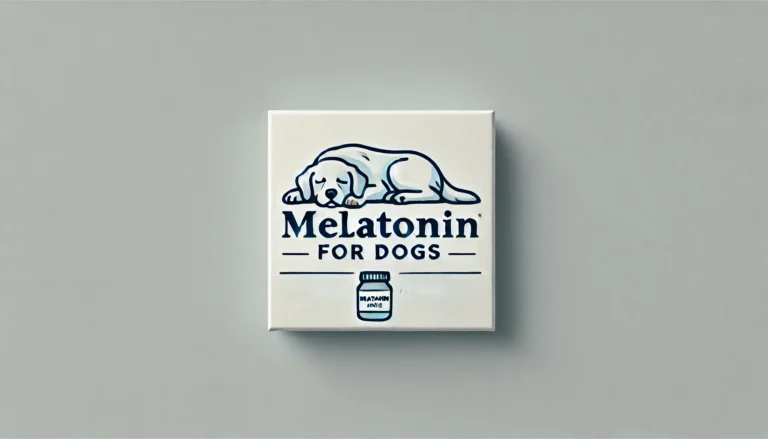Imodium for Dogs: a Comprehensive Guide

Introduction to Imodium for Dogs
When your beloved canine companion experiences digestive issues, it can be concerning and stressful. Understanding how to manage these conditions is crucial for maintaining their health and well-being. One medication that veterinarians often recommend for treating diarrhea in dogs is Imodium (loperamide). This comprehensive guide will explore everything you need to know about using Imodium for dogs, including its uses, dosage guidelines, safety considerations, and more.

What is Imodium?
Imodium, known by its generic name loperamide, is a medication commonly used to treat diarrhea in humans. It works by slowing down the movement of food through the intestines, which allows for more efficient absorption of water and electrolytes, ultimately resulting in firmer stools. This mechanism of action makes it effective in treating diarrhea caused by various factors in dogs as well.
Uses of Imodium in Dogs
Imodium for dogs is primarily used in the following scenarios:
- Mild Diarrhea: Imodium is effective in managing mild diarrhea in dogs, providing relief by slowing down intestinal motility and reducing the frequency of loose stools.
- Chronic Diarrhea: Dogs suffering from chronic diarrhea, which persists despite dietary adjustments, may benefit from Imodium under veterinary supervision to help regulate bowel movements.
- Stress-Induced Diarrhea: Changes in routine, travel, or stressful situations can trigger digestive upset in dogs. Imodium can help manage diarrhea during these periods, promoting comfort and well-being.
Administering Imodium to Dogs: Dosage Guidelines
Determining the correct dosage of Imodium for your dogs is crucial. Here are the essential dosage guidelines:
- Consult Your Veterinarian: Always consult with your veterinarian before administering Imodium for dogs. They will consider your dog’s weight, health status, and the severity of their symptoms to determine the appropriate dosage.
- General Dosage: A typical starting dose of Imodium for dogs is 0.1 mg to 0.2 mg per pound of body weight, given two to three times daily. This dosage may vary based on individual circumstances, so veterinary guidance is essential.
- Administration: Imodium tablets can be administered directly or mixed with a small amount of food. Ensure your dog consumes the entire dose to achieve the desired effect.
do you know
Great Dane puppies are undeniably one of the most lovable and striking breeds you can find. Known for their towering height and gentle nature, these gentle giants have captured the hearts of many dog lovers
Safety Considerations and Side Effects
While generally safe when used appropriately, Imodium for dogs should be administered cautiously:
- Side Effects: Potential side effects include constipation, sedation, or, rarely, paradoxical diarrhea. Monitoring your dog’s response to treatment is crucial.
- Avoid in Certain Cases: Imodium should not be used in dogs with known hypersensitivity to loperamide or those with severe gastrointestinal infections, obstruction, or toxicity without veterinary approval.
Conclusion for Imodium for Dogs
Managing digestive issues like diarrhea in dogs requires careful attention and proper treatment. Imodium for dogs, with its ability to regulate intestinal motility and reduce diarrhea, can be a valuable tool under veterinary supervision. By understanding its uses, dosage guidelines, and safety considerations, pet owners can effectively support their dogs’ gastrointestinal health. Always consult your veterinarian for personalized advice and ensure your dog’s well-being is prioritized in managing digestive disturbances.
Frequently Asked Questions about Imodium for Dogs
How much Imodium can I give to my dog?
The dosage of Imodium for dogs should always be determined by a veterinarian. Typically, the starting dose is 0.1 mg to 0.2 mg per pound of body weight, given two to three times daily. However, precise dosing depends on your dog’s specific condition and health status. It’s crucial to consult with your vet to ensure you’re giving the correct amount.
Can I give my dog Pepto Bismol or Imodium for diarrhea?
Both Pepto Bismol and Imodium can be used to treat diarrhea in dogs, but they work differently. Pepto Bismol helps to alleviate symptoms by coating the stomach and intestinal lining, while Imodium slows down intestinal motility to reduce diarrhea. It’s essential to consult your veterinarian before giving either medication to determine the appropriate choice and dosage for your dog’s condition.
What diarrhea medicine is safe for dogs?
Several medications are considered safe for treating diarrhea in dogs under veterinary guidance. Besides Imodium and Pepto Bismol, options include medications like metronidazole, probiotics, and prescription diets designed to manage gastrointestinal issues. The safety and effectiveness of these treatments depend on the specific cause and severity of your dog’s diarrhea, so always seek veterinary advice.
What is a good substitute for Imodium for dogs?
If Imodium is not suitable for your dog or if your veterinarian recommends an alternative, options like probiotics, prescription diets, or other antidiarrheal medications may be considered. Each alternative has specific benefits and considerations, so discuss with your vet to find the best substitute based on your dog’s health needs.
What do vets give dogs for diarrhea?
Veterinarians may prescribe medications such as metronidazole, probiotics, or prescribe special diets formulated to manage gastrointestinal issues. The choice of treatment depends on the underlying cause of diarrhea and your dog’s overall health. Vets may also recommend supportive care such as hydration and monitoring to aid in recovery.
What can I give my dog to stop him having diarrhea?
To help manage your dog’s diarrhea, your vet may recommend feeding a bland diet (like boiled chicken and rice), providing access to clean water, and possibly administering medications like Imodium under their guidance. It’s crucial to identify and address any underlying causes of diarrhea with your veterinarian’s help.
What if my dog has diarrhea but still eating and drinking?
If your dog is eating and drinking normally despite having diarrhea, it may indicate a mild case. Monitor your dog closely, ensure they stay hydrated, and consider offering a bland diet to help settle their stomach. If diarrhea persists or worsens, consult your veterinarian for further evaluation and treatment.
What stops diarrhea fast naturally?
Natural remedies to help manage mild diarrhea in dogs include feeding a bland diet (boiled chicken and rice), providing probiotics to support gut health, and ensuring your dog stays hydrated with fresh water. Pumpkin puree or slippery elm may also help firm up stools. However, if diarrhea persists or is severe, veterinary intervention may be necessary.
What if my dog has diarrhea for 3 days but acting normal?
If your dog has had diarrhea for three days but otherwise appears normal (eating, drinking, playful), monitor closely for any changes in behavior or additional symptoms. It’s essential to determine the underlying cause of the diarrhea, as prolonged episodes can lead to dehydration and other health issues. Contact your vet for advice on appropriate next steps and potential treatments.
Is scrambled egg good for dogs with diarrhea?
Scrambled eggs can be a bland and easily digestible option for dogs with diarrhea. However, it’s essential to feed them plain, without any seasonings or oils. Eggs provide a source of protein and can help settle your dog’s stomach. If diarrhea persists or worsens, consult your veterinarian for further guidance.
Why is my dog pooping liquid poop?
Liquid diarrhea in dogs can be caused by various factors, including dietary indiscretion, infections, parasites, food allergies, or underlying health conditions. It’s important to determine the cause with your vet to implement appropriate treatment and dietary adjustments to help your dog recover.
How long is too long for a dog to have diarrhea?
If your dog’s diarrhea lasts more than 24-48 hours, or if it’s accompanied by other symptoms like vomiting, lethargy, or dehydration, it’s essential to seek veterinary care promptly. Prolonged diarrhea can lead to dehydration and electrolyte imbalances, which require medical intervention to prevent complications.






